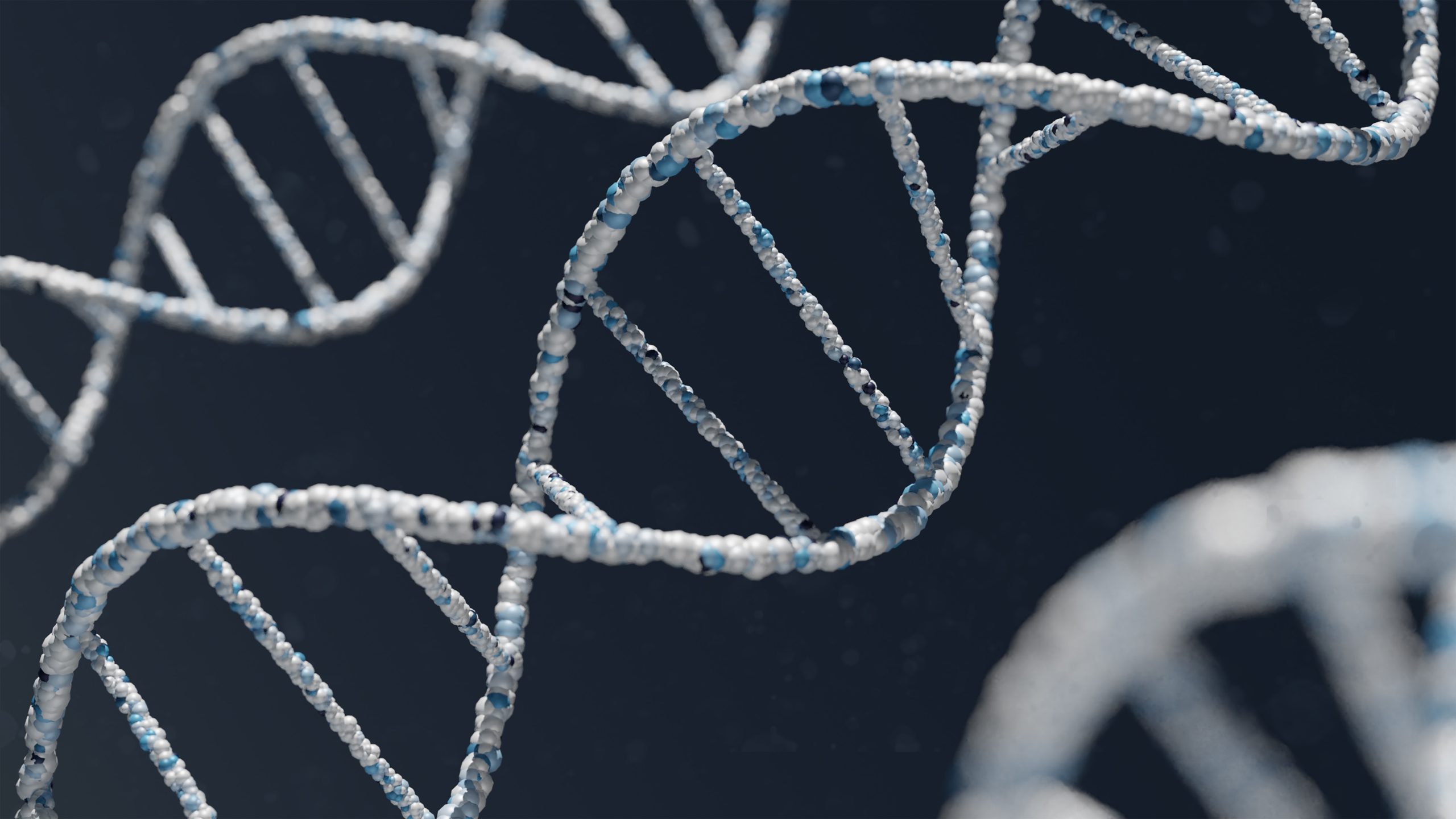A bunion is a painful, sometimes large lump that develops in the joint that connects the big toe to the foot. If untreated, the bump grows, forcing the big toe to point inwards. The skin on the foot covering a bunion often gets red and can become very sore to the touch.
Bunions can cause many complications and can be a major hindrance to your daily life, as they can keep you from wearing regular shoes, walking, playing sports, or working out. It is important to treat a bunion as early as possible to prevent further pain or complications. The earliest signs of a bunion can include a large lump forming near the big toe, soreness around the big toe joint, or limited movement in the big toe.
Bunions can be caused by many factors, including wearing the wrong kind of shoes or frequently playing sports, or engaging in other physical activities. They can also be caused by the natural shape of your foot or certain pre-existing conditions, leading many people to wonder, “are bunions genetic?”
Are Bunions Genetic?
Bunions are not necessarily genetic, as there are no specific bunion genes present in the human genome. With that being said, your feet are a genetic trait that can leave you predisposed to encounter problems with bunions down the road. One possible cause of bunions is your natural foot shape. Everyone has a different natural foot shape, but the shape of one’s foot most often resembles the shape of their parents’ feet. If your parents’ have suffered from bunions due to a factor like their natural foot shape placing stress on their big toe joint when they walked, you could then be at risk of developing bunions since you’ve inherited their feet and similar stress will be placed on your own.
There is also the possibility that genes responsible for other foot conditions can be a hereditary cause for bunions. Hypermobility, for example, is a condition that can eventually lead to bunion formation and is genetic. Another risk for bunions that could be genetic is a patient with a tight Achilles tendon.
So, the answer to “are bunions genetic?” is: no, but pre-existing hereditary conditions, as well as the natural shape of your foot, can make you more prone to them. Bunions have numerous causes, many of which are not genetic and rather are tied to your specific physical lifestyle.
Treating Bunions
Regardless of where bunions come from, they can be very painful and must be treated immediately to avoid further pain and health complications in the future. Minimally invasive bunion removal procedures, often called a Bunionectomy, are simple and painless outpatient procedures that can be done in as little as 2 hours, including pre and post-op care. Recovery after this procedure is fast and low-maintenance, meaning you can get back to your normal life free of pain almost immediately.
If you believe you are seeing early signs of bunion formation, contact Northwest Surgery Center today to book a free consultation, and get you on the path to healing.



Leave A Comment